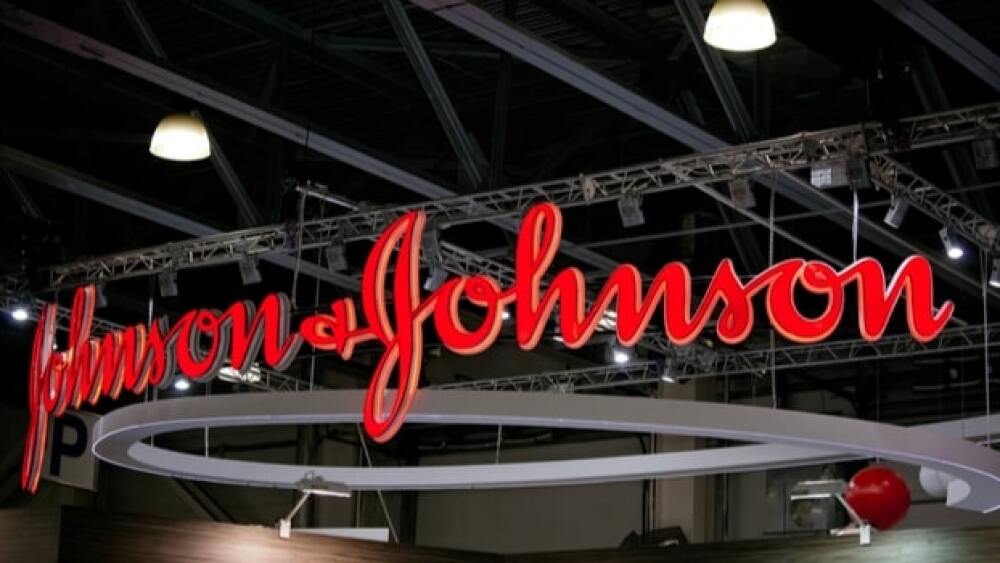Johnson & Johnson’s Janssen Biotech submitted an application to the U.S. Food and Drug Administration (FDA) for emergency use authorization (EUA) for its single-dose COVID-19 vaccine.
Alexander Tolstykh / Shutterstock
Johnson & Johnson’s Janssen Biotech submitted an application to the U.S. Food and Drug Administration (FDA) for emergency use authorization (EUA) for its single-dose COVID-19 vaccine. The EUA submission is based on topline data from the Phase III ENSEMBLE trial. If the FDA grants authorization, J&J indicates it has the vaccine ready to ship immediately.
In the U.S., there are two other COVID-19 vaccines that have been authorized, Pfizer-BioNTech’s and Moderna’s. Both are mRNA vaccines that require two doses, three and four weeks apart, respectively. They also require specialized shipping and handling at very low temperatures. The J&J vaccine requires only a single dose and can be transported and stored at standard refrigerator and freezer temperatures. It remains stable for two years at -4 degrees F, for three months at 36 to 46 degrees F.
The J&J vaccine uses the company’s AdVac technology platform, which it used to develop its approved Ebola vaccine and its Zika, RSV and HIV investigational vaccine candidates. It uses an inactivated common cold virus to deliver copies of the SARS-CoV-2 spike protein, which triggers the body’s immune system to recognize the virus.
“Today’s submission for Emergency Use Authorization of our investigational single-shot COVID-19 vaccine is a pivotal step toward reducing the burden of disease for people globally and putting an end to the pandemic,” said Paul Stoffels, vice chairman of the executive committee and chief scientific officer at Johnson & Johnson. “Upon authorization of our investigational COVID-19 vaccine for emergency use, we are ready to begin shipping. With our submission to the FDA and our ongoing reviews with other health authorities around the world, we are working with great urgency to make our investigational vaccine available to the public as quickly as possible.”
In addition to the FDA, it plans to submit a Conditional Marketing Authorisation Application (cMAA) with the European Medicines Agency (EMA).
On January 29, J&J announced efficacy and safety data from ENSEMBLE, which was based on 43,783 volunteers. The vaccine was 72% effective in the U.S. and 66% effective overall at preventing moderate to severe COVID-19, 28 days after vaccination. On Day 28, it was 85% effective overall in preventing severe disease and demonstrated complete protection—100%—against COVID-19 related hospitalization and death. It also appeared to provide protection against the South African variant.
The FDA’s Vaccines and Related Biological Products Advisory Committee is scheduled to meet on February 26. If they recommend authorization, the vaccine will likely be authorized by the agency a day or two later.
Peter Marks, the FDA’s vaccine chief, cautioned about comparing the J&J vaccine to the Pfizer-BioNTech and Moderna vaccines before all the data was in. Last week he told the American Medical Association, “With so much need to get this pandemic under control, I think we can’t ignore any tool in the tool chest. We will have to do our best to try to make sure that we find the populations that benefit the most from each of these vaccines and deploy them in a very thoughtful manner.”
Although the initial supply of the J&J vaccine has not been publicly announced, the company has indicated it expects to have 100 million doses to the U.S. by the end of June.
Janet Woodcock, acting FDA Commissioner, stated, “A public discussion by the advisory committee members about the data submitted in support of safety and effectiveness of Janssen Biotech Inc.’s COVID-19 vaccine will help ensure that the public has a clear understanding of the scientific data and information that FDA will evaluate in order to make a decision about whether to authorize this vaccine. The FDA remains committed to keeping the public informed about our evaluation of the data for COVID-19 vaccines, so that the American public and medical community have trust and confidence in FDA-authorized vaccines.”
According to the U.S. Centers for Disease Control and Prevention (CDC), 57,489,675 total doses of vaccines have been distributed in the U.S., with 35,203,710 administered. The number of people having received two doses is 6,926,050.
Per Johns Hopkins, there have been 26,680,261 cases of COVID-19 in the U.S. out of 104,963,559 worldwide. In the U.S., the disease has taken the lives of 455,875 people, with global deaths marked as 2,286,850.





